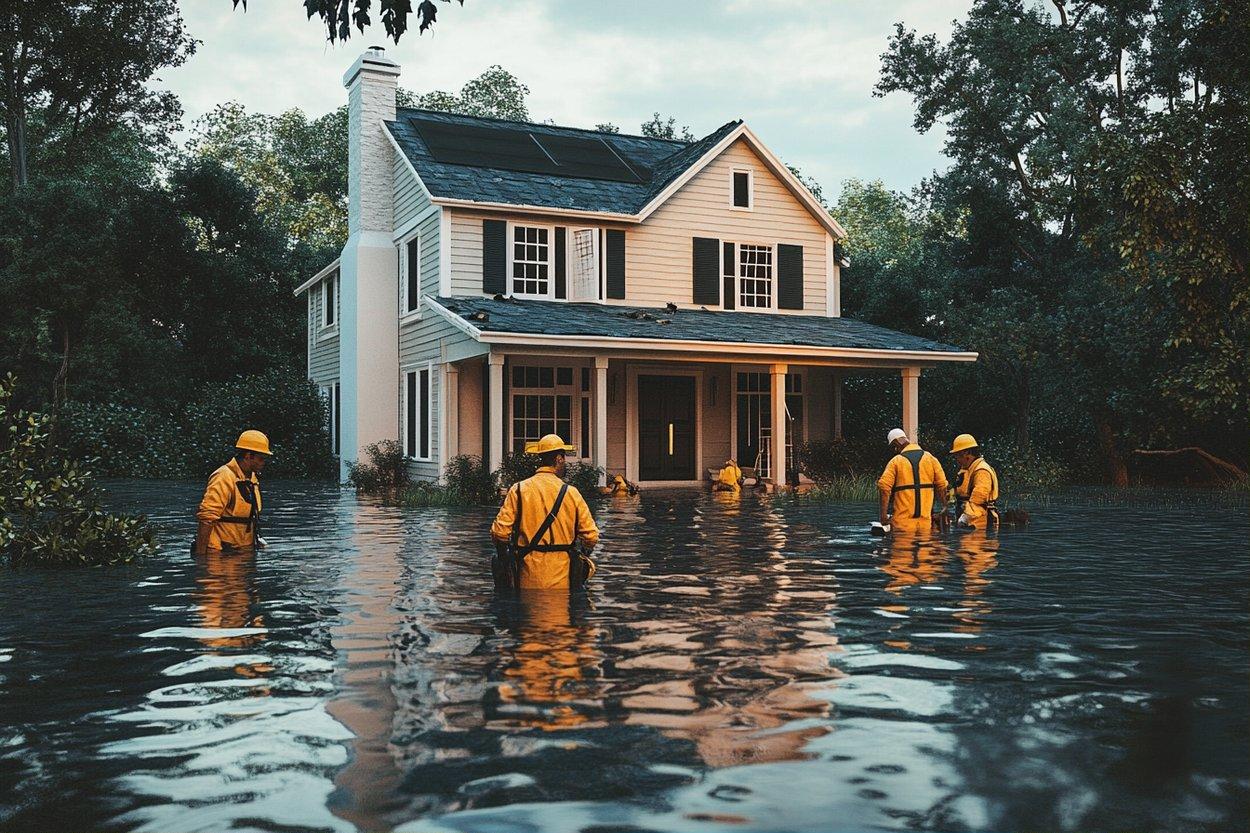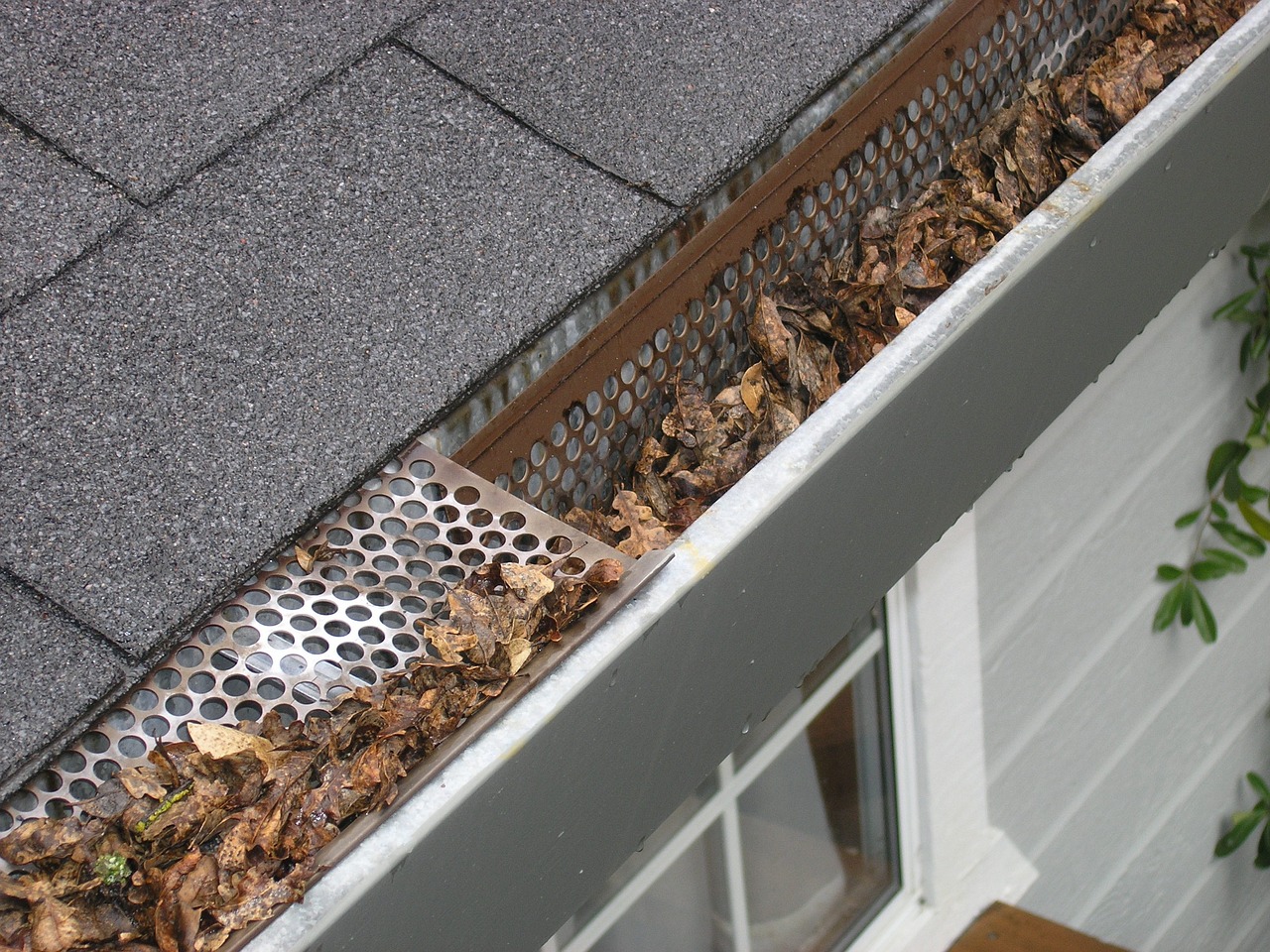Comprehensive Pest Control: Protect Your Home and Environment
Dealing with unwanted pests in your home can be both frustrating and concerning for your family's health and safety. From ants marching across your kitchen counters to rodents scurrying through your walls, pest infestations require immediate attention and professional expertise. Modern pest control has evolved significantly, offering homeowners a range of effective solutions that not only eliminate current problems but also prevent future invasions while prioritizing environmental responsibility and human safety.

What Makes Comprehensive Pest Control Services Essential for a Pest-Free Home?
Comprehensive pest control services go far beyond simply spraying chemicals and hoping for the best. Professional pest control companies conduct thorough inspections to identify the root causes of infestations, entry points, and conditions that attract pests to your property. These services typically include detailed assessments of both interior and exterior areas, identification of pest species, customized treatment plans, and ongoing monitoring to ensure long-term effectiveness.
A truly comprehensive approach addresses multiple pest types simultaneously, as many infestations involve more than one species. For example, moisture problems that attract termites may also create ideal conditions for ants and silverfish. Professional technicians understand these interconnected relationships and develop integrated strategies that tackle the underlying issues while treating visible symptoms.
The scope of comprehensive services often includes preventive measures such as sealing entry points, removing food sources, addressing moisture problems, and establishing protective barriers around your property. This holistic approach proves more cost-effective in the long run compared to repeated treatments that only address surface-level problems.
How Do Professional Pest Control Solutions Protect Your Property?
Professional pest control solutions offer several advantages over do-it-yourself approaches, particularly when it comes to protecting your property’s structural integrity and value. Trained technicians possess the knowledge and equipment necessary to identify hidden damage, assess infestation severity, and implement targeted treatments that homeowners cannot safely or effectively perform on their own.
Structural pests like termites, carpenter ants, and wood-boring beetles can cause thousands of dollars in damage before homeowners even notice their presence. Professional inspectors use specialized tools such as moisture meters, thermal imaging cameras, and acoustic detection devices to locate pest activity within walls, foundations, and other concealed areas.
Property protection extends beyond structural concerns to include safeguarding stored belongings, preventing contamination of food supplies, and maintaining healthy indoor air quality. Professional treatments eliminate pests that spread diseases, trigger allergies, and create unsanitary conditions throughout your home.
Regular professional maintenance also preserves your property’s market value by preventing pest-related damage and ensuring compliance with local health and safety regulations. Many real estate transactions require pest inspections, making ongoing professional pest control a wise investment in your property’s long-term value.
What Eco-Friendly Pest Control Options Support a Healthier Environment?
Environmental consciousness has driven significant innovations in pest control technology, resulting in numerous eco-friendly options that effectively eliminate pests while minimizing environmental impact. These approaches prioritize natural and low-toxicity solutions that pose minimal risks to beneficial insects, pets, wildlife, and human health.
Integrated Pest Management (IPM) represents the gold standard in environmentally responsible pest control. This approach emphasizes prevention, monitoring, and targeted treatments using the least toxic methods necessary to achieve effective results. IPM strategies often begin with habitat modification, exclusion techniques, and biological controls before considering chemical interventions.
Botanical-based pesticides derived from plants like chrysanthemums, neem trees, and essential oils provide effective pest control with minimal environmental persistence. These products break down quickly in the environment and typically pose lower risks to non-target species compared to synthetic alternatives.
Physical and mechanical control methods, including traps, barriers, and exclusion devices, offer completely chemical-free solutions for many pest problems. Heat treatments, steam applications, and freezing techniques can eliminate certain pests without introducing any chemical residues into your living environment.
| Service Provider | Service Types | Coverage Area | Estimated Cost Range |
|---|---|---|---|
| Orkin | Comprehensive pest control, termite protection, wildlife removal | Nationwide | $300-$550 annually |
| Terminix | General pest control, termite treatment, mosquito control | Nationwide | $350-$600 annually |
| Rentokil | Integrated pest management, commercial services | Regional/International | $400-$700 annually |
| Local Providers | Customized treatments, organic options | Local areas | $200-$450 annually |
Prices, rates, or cost estimates mentioned in this article are based on the latest available information but may change over time. Independent research is advised before making financial decisions.
Selecting the Right Pest Control Approach for Your Needs
Choosing appropriate pest control services requires careful consideration of your specific situation, including the types of pests present, severity of infestation, environmental concerns, and budget constraints. Different pest species require specialized knowledge and treatment approaches, making professional expertise particularly valuable for accurate identification and effective elimination strategies.
Seasonal factors also influence pest control decisions, as many species exhibit predictable patterns of activity throughout the year. Spring treatments may focus on preventing ant colonies from establishing new nests, while fall services often emphasize rodent exclusion before winter weather drives these pests indoors.
Consider your family’s health sensitivities, pet safety requirements, and environmental preferences when evaluating treatment options. Many companies now offer organic or low-impact alternatives that provide effective results while addressing these concerns.
Regular maintenance programs typically provide better value and more consistent results compared to reactive treatments applied only after problems become severe. Preventive services help maintain pest-free conditions year-round while identifying potential issues before they develop into costly infestations.
Modern pest control combines scientific understanding, advanced technology, and environmental responsibility to provide homeowners with effective solutions that protect both property and health. Whether dealing with current infestations or seeking preventive protection, professional pest control services offer the expertise and resources necessary to maintain comfortable, safe living environments while supporting broader environmental stewardship goals.




